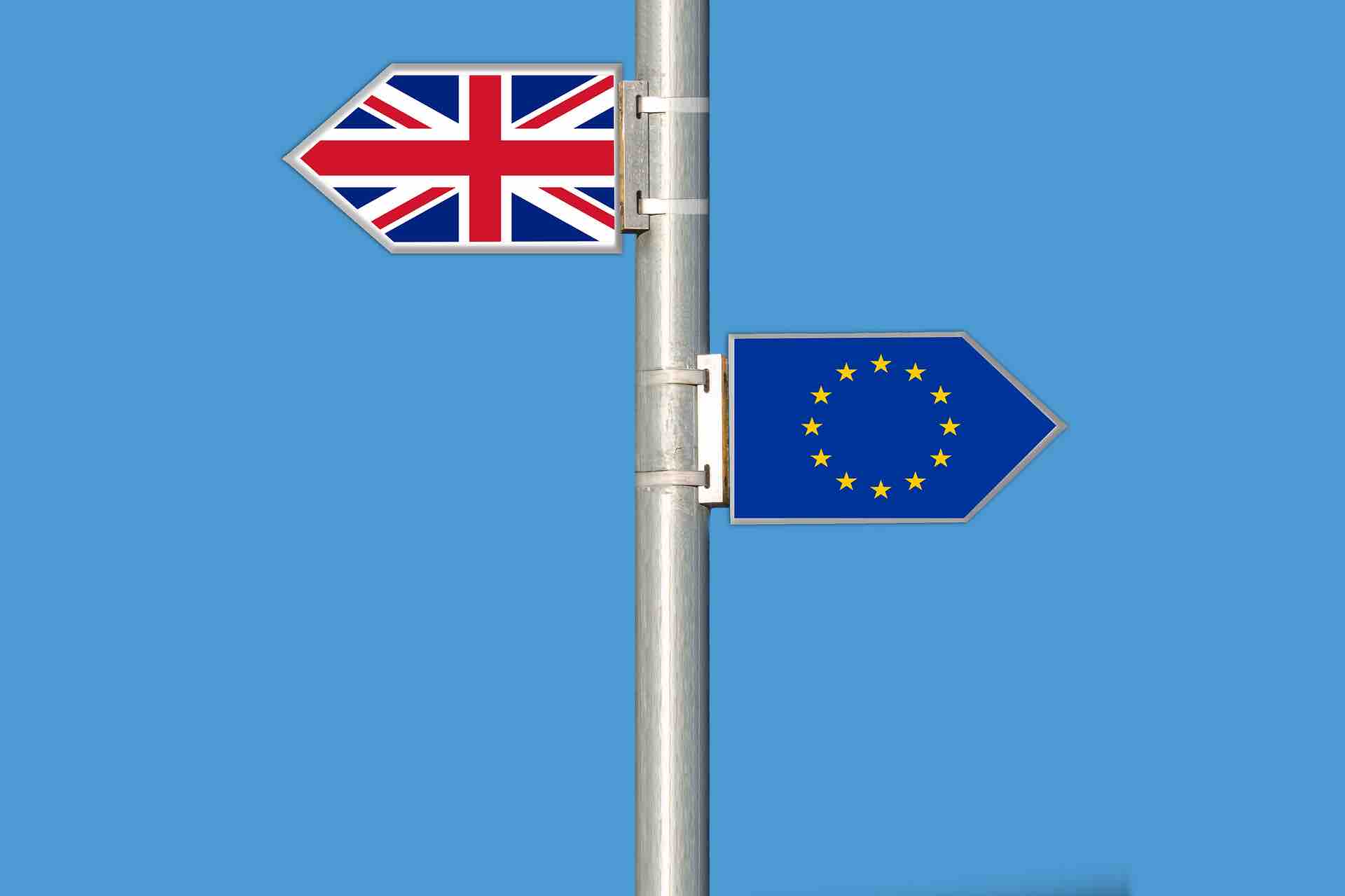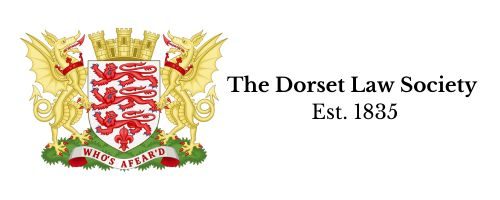
On the United Kingdom leaving the European Union on the 31 January the time limit to negotiate a Free Trade Agreement ( FTA ) for legal services is tight. The prospect of a ‘no deal’ whilst significantly reduced cannot be ruled out.
There is a lot at stake. A recent KPMG report commissioned by the Law Society put the value of exports in legal services at £5 billion a year. The legal sector as a whole employs 360,000 people and is amongst the most dynamic and successful parts of the UK economy.
The issues to be resolved include the ability of UK lawyers to continue to practice and establish themselves in European capitals such as Frankfurt or Paris or Amsterdam, and for freedom of movement for talented young lawyers from Europe to continue to gain experience in the big City of London law firms. The continued mutual recognition of legal qualifications is an important ask for lawyers.
Part of the problem is that traditionally FTAs are concerned with the movement of goods, such as motor vehicles, rather than professional services. Matters are further complicated by most favoured nation clauses in existing FTAs between the EU and the rest of the world. This means that any agreement with the UK cannot be more favourable than any existing agreements with other third countries.
The Law Society has been active in informing the UK Government of its asks around Brexit and the adverse implications for its members of a no deal scenario. As a member of the UK delegation to the representative organisation for Bar associations and law societies in Europe, along with the Law Society of Scotland and the Law Society of Northern Ireland, the Law Society of England and Wales has advanced the Brexit interests of UK lawyers from the time of the outcome of the referendum.
The Law Society has in addition reached out to national law societies. Signing memorandums of understanding with Bars in Belgium, Poland, Germany and France the Society seeks to make its case with the EU Commission in tandem with influencing the members states own professions and ministries of justice.
Issues such as legal professional privilege ( what you tell your lawyer about your case must remain confidential ) and respect for the rule of law creates important wider constitutional responsibilities which are often unique to the legal profession. Judgements obtained in UK courts must continue to be mutually enforceable in other European countries to ensure that the wheels of commerce continue to move freely.
Whatever the outcome it is important for the UK economy that England and Wales remains a jurisdiction of choice for the governing law in international contracts and that the City of London remains a global law centre for international dispute resolution.
Negotiating a FTA in legal services is a bit like completing a multi-dimensional jigsaw, up against a tight time limit, and in the hope and expectation that no party will tip over the table and walk away!
